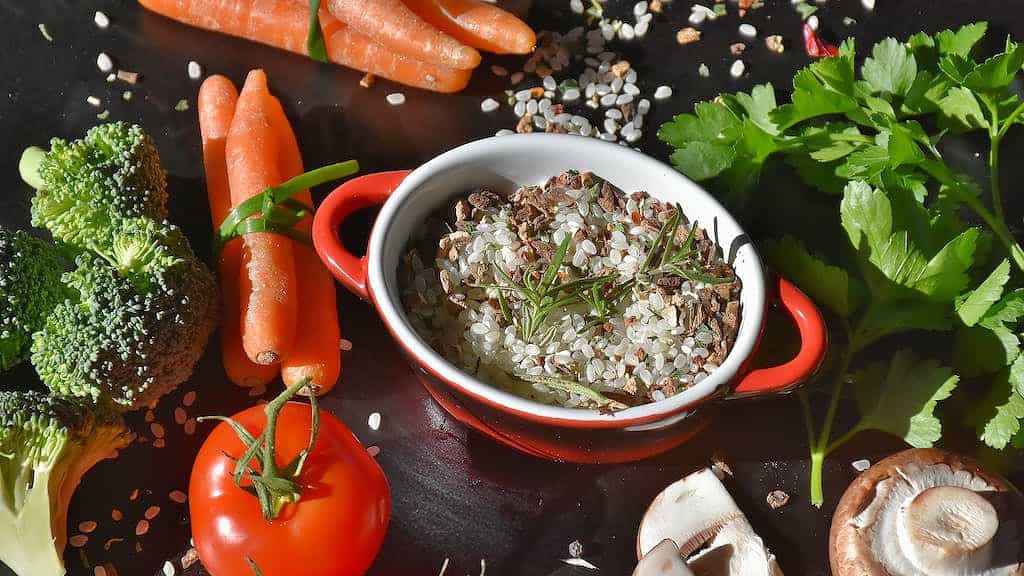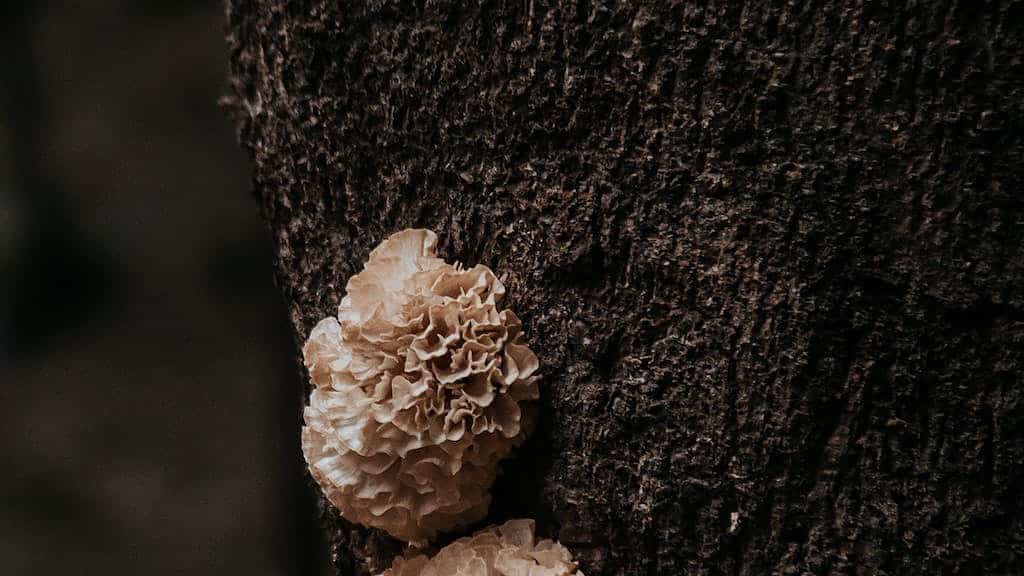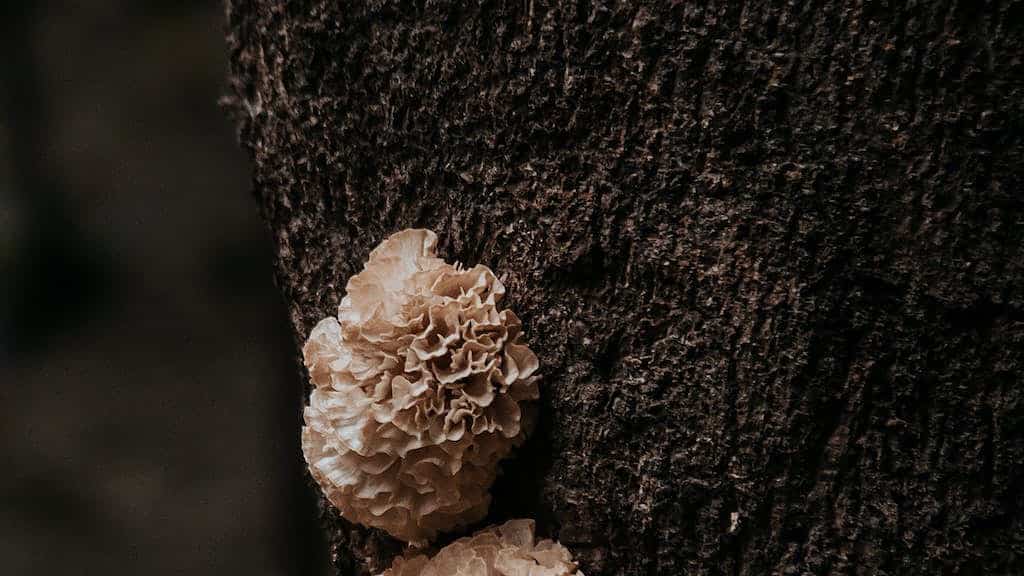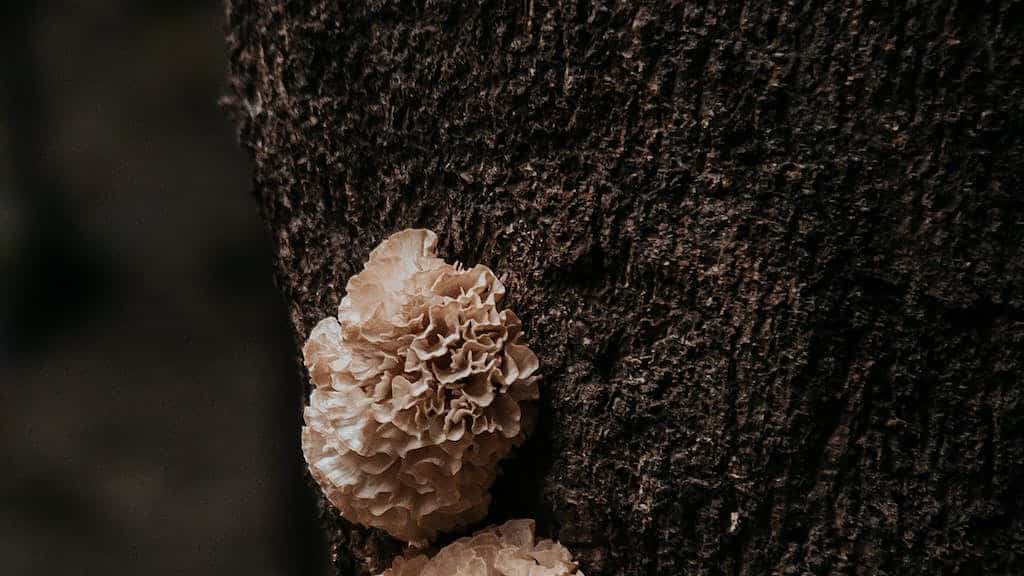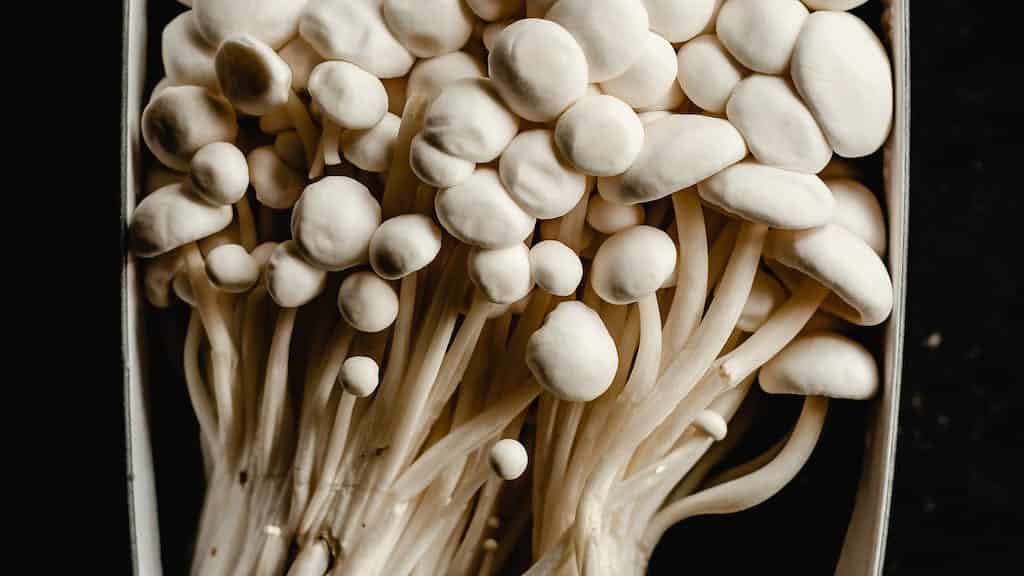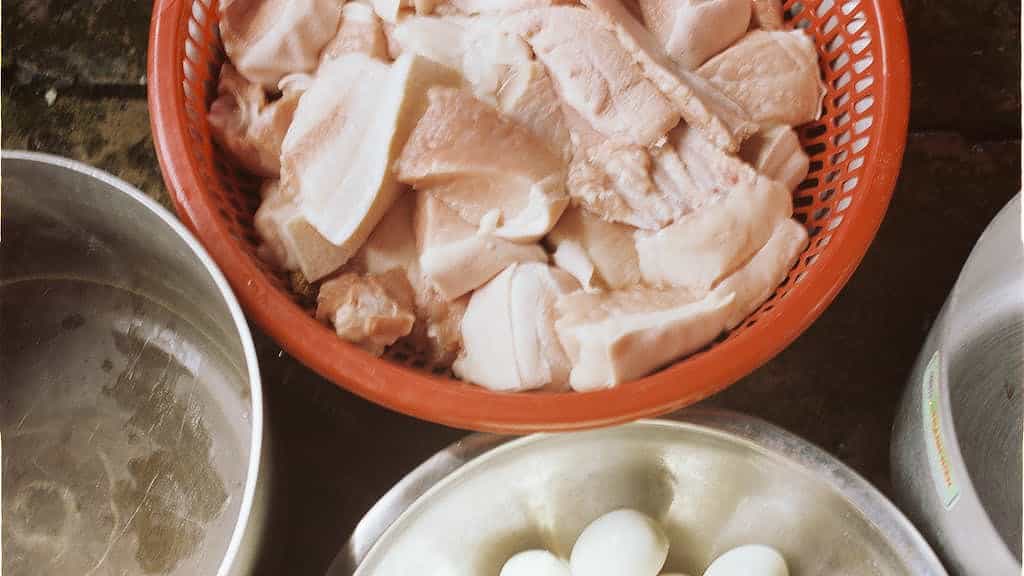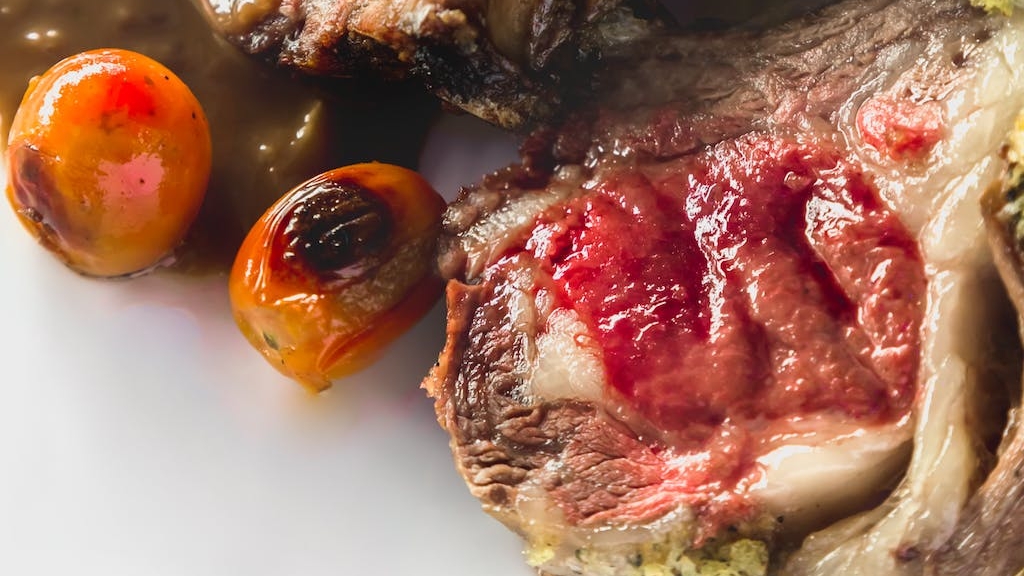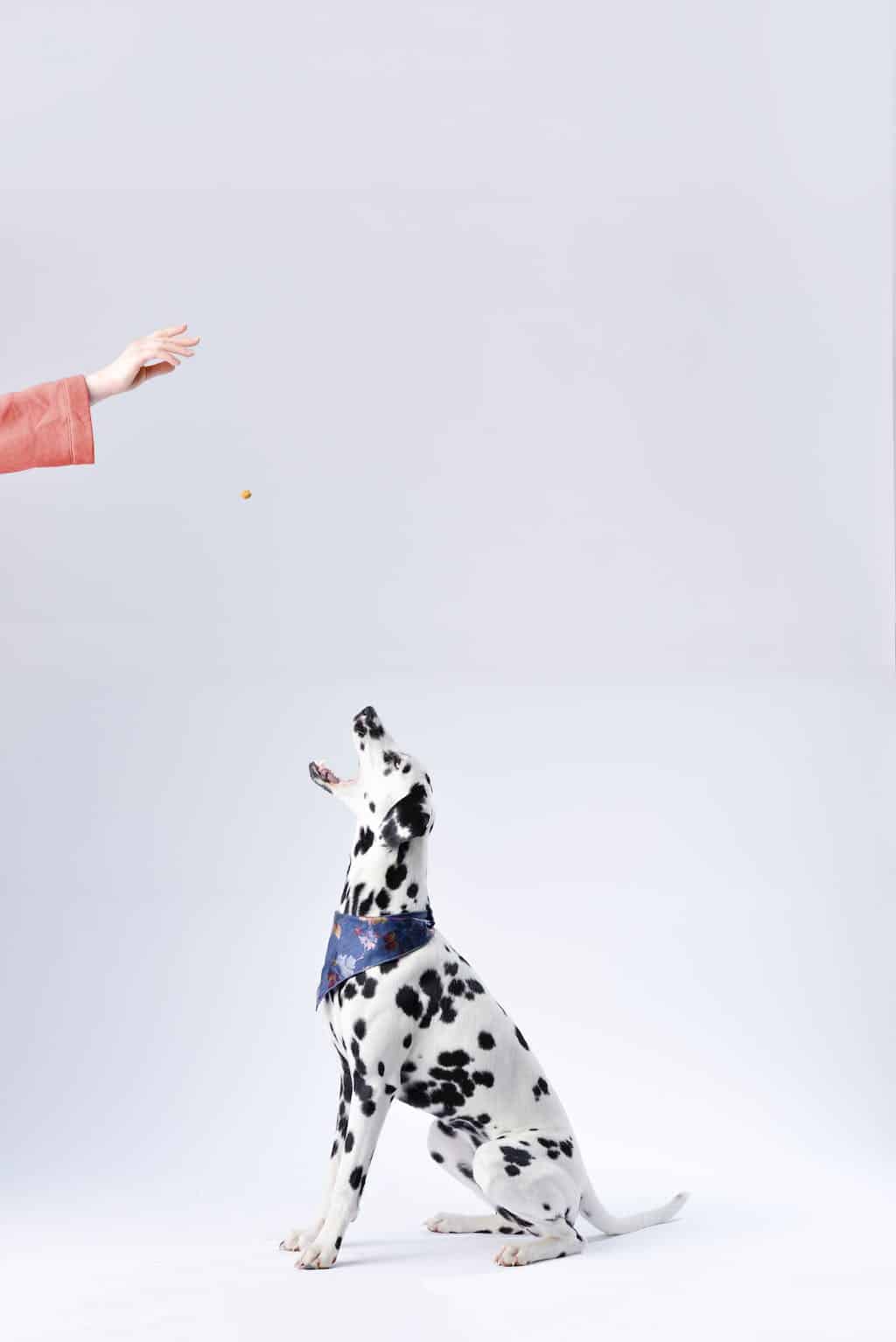Key Takeaways:
- Not all mushrooms are safe for dogs to eat.
- Raw mushrooms can be toxic to dogs and cause digestive issues.
- Specific species like the Amanita or Death Cap can be deadly for dogs.
- Cooking mushrooms thoroughly and removing any potential toxins can make them safer for dogs.
- Always consult a veterinarian before feeding mushrooms to your dog.
- Signs of mushroom poisoning in dogs include vomiting, diarrhea, abdominal pain, tremors, seizures, and more.
- Wild mushrooms should be avoided due to the risk of consuming toxic varieties.
- Comercially cultivated mushrooms like button, portobello, or oyster mushrooms are generally safe for dogs.
- Feeding mushrooms to dogs should be done in moderation and as an occasional treat.
- Observe your dog for any adverse reactions and seek immediate veterinary assistance if necessary.
Summary
Can dogs eat mushrooms raw? No, they cannot. While some mushrooms are safe for dogs, many can be toxic. In this article, we delve into the potential dangers of feeding dogs raw mushrooms and explain how certain varieties can harm their digestive system, central nervous system, and even lead to organ failure. We also provide a comprehensive list of safe mushrooms for dogs, along with preparation methods that remove toxins, ensuring your furry friend can enjoy them without any risks.

Can Dogs Eat Mushrooms Raw?
Many pet owners find themselves wondering if it is safe to feed mushrooms to their furry friends. While mushrooms can be a delicious and healthy snack for humans, the same might not be true for dogs. The safety of mushrooms for dogs actually depends on various factors, including the type of mushroom and how it is prepared. In general, it is recommended to avoid feeding dogs raw mushrooms.
Potential Risks of Raw Mushrooms
Raw mushrooms can be problematic for dogs due to their indigestible properties and potential toxicity. Some types of mushrooms contain toxins that can be harmful, causing symptoms ranging from mild gastrointestinal upset to more severe issues such as liver damage, seizures, or even death.
Additionally, raw mushrooms are difficult for dogs to digest. They contain chitin, a substance found in the cell walls of fungi, making them tough and fibrous. This can lead to digestive discomfort, including stomach upset, vomiting, and diarrhea.
It is crucial to recognize that while certain mushrooms safe for human consumption, the same types could pose risks to dogs. Dogs are unable to distinguish between toxic and non-toxic mushrooms, so it is better to err on the side of caution and avoid feeding any mushrooms directly to your pet.
Cooking Mushrooms for Dogs
If you still want to incorporate mushrooms into your dog’s diet, it is best to cook them thoroughly. Cooking mushrooms can help break down the chitin and make them easier for dogs to digest. However, it is essential to avoid adding any seasonings, butter, oil, or other ingredients that may be harmful to dogs. Always serve plain, cooked mushrooms in moderation to prevent any adverse effects.
Safe Mushroom Alternatives for Dogs
While mushrooms may not be a suitable treat for dogs, there are safer alternatives to offer them instead:
1. Carrots:
Carrots are a healthy and low-calorie option for dogs. They are rich in vitamins and fiber, making them excellent for your pup’s overall well-being.
2. Sweet Potatoes:
Sweet potatoes provide essential nutrients and are easy for dogs to digest. They can be served cooked and mashed or as dehydrated sweet potato treats.
3. Green Beans:
Green beans are a great source of fiber, vitamins, and minerals. They make for a crunchy and healthy snack that most dogs enjoy.
4. Zucchini:
Zucchini is a low-calorie vegetable that can be given to dogs in small quantities. It can be served raw or cooked, as long as no seasonings or oils are added.
Remember to introduce new foods gradually into your dog’s diet and consult with a veterinarian before making any significant changes or introducing new treats. Each dog is different, and individual dietary needs can vary.
Quick Recap
Feeding raw mushrooms to dogs is generally not recommended due to the potential risks involved. Raw mushrooms can be difficult to digest and may contain toxins that can be harmful to your furry companion. However, if you cook mushrooms thoroughly and serve them plainly, they can be a healthy addition to your dog’s diet in moderation. When in doubt, always consult with a veterinarian to ensure the safety of any new foods you wish to offer your dog.
Recipes and Alternatives to mushrooms raw for dogs
Mushrooms should not be fed to dogs raw as certain varieties can be toxic and even deadly to them. It is best to avoid feeding dogs any type of raw mushrooms. Instead, there are plenty of other healthy and safe foods that you can include in their diet. Here are some alternative options:
- Cooked and plain chicken or turkey
- Baked or boiled sweet potatoes
- Steamed carrots or green beans
- Boiled eggs (without seasoning)
- Plain, cooked rice or pasta
Can Dogs Eat Mushrooms Raw?
When it comes to feeding mushrooms to your furry friend, caution is advised. While certain mushrooms are safe for dogs to consume, there are many varietals that can be toxic and potentially life-threatening. This FAQ aims to answer common questions regarding whether dogs can eat mushrooms raw.
1. Are all mushrooms safe for dogs?
No, not all mushrooms are safe for dogs. Certain varieties, like portobello, white button, and shiitake mushrooms, can be included in your dog’s diet in small amounts. However, numerous wild mushrooms often found in nature can be poisonous and must be avoided at all costs.
2. What types of wild mushrooms are toxic to dogs?
There are several species of wild mushrooms that are toxic to dogs, including Amanita, Galerina, and Conocybe mushrooms. Ingesting these poisonous mushrooms can lead to severe symptoms such as vomiting, diarrhea, abdominal pain, liver damage, and in some cases, death.
3. Can raw mushrooms cause an allergic reaction in dogs?
Yes, some dogs can be allergic to mushrooms. Signs of an allergic reaction may include itching, skin irritations, hives, swelling, difficulty breathing, or even anaphylaxis. If you suspect your dog is allergic to mushrooms, consult your veterinarian for guidance.
4. Are there benefits to feeding dogs mushrooms?
Yes, in moderation, certain mushrooms can provide health benefits to dogs. Mushrooms like shiitake and maitake contain vitamins, minerals, and antioxidants that can support the immune system, improve digestion, and potentially provide anti-inflammatory effects.
5. How should mushrooms be prepared for dogs?
If you choose to feed mushrooms to your dog, they should be cooked thoroughly. Raw mushrooms are harder for dogs to digest and may cause an upset stomach. Additionally, cooking reduces the chances of potential bacterial contamination in store-bought mushrooms.
6. What should I do if my dog accidentally eats a wild mushroom?
If your dog consumes any wild mushroom, it is important to treat it as a medical emergency. Contact your veterinarian or an emergency animal hospital immediately. If possible, collect a sample of the mushroom your dog ingested for identification purposes.
7. How can I prevent my dog from eating mushrooms while outdoors?
To minimize the risk of your dog ingesting toxic mushrooms, it’s crucial to be vigilant. Keep your dog on a leash during walks, avoid areas where mushrooms are prevalent, and promptly remove any mushrooms you discover in your yard.
8. Are commercially prepared mushroom-based dog treats safe?
Commercially prepared dog treats that contain mushrooms are generally safe for consumption, as long as they come from reputable brands. These treats are specifically formulated with safe mushrooms and appropriate dosages for dogs.
Remember, it’s always best to consult your veterinarian before introducing any new foods into your dog’s diet, including mushrooms. Each dog’s tolerance and sensitivity may vary, and a professional opinion can help ensure your furry friend stays safe and healthy.
Conclusion
After careful consideration and research, it is not recommended to feed dogs raw mushrooms. While some varieties of mushrooms are safe for dogs to consume, there are many types that can be toxic and cause serious health issues. Raw mushrooms often contain compounds that are difficult for dogs to digest and can lead to gastrointestinal problems such as vomiting or diarrhea. Additionally, certain species of mushrooms can cause liver damage or even be fatal to dogs when consumed. Therefore, it is best to err on the side of caution and avoid feeding raw mushrooms to your furry friend. If you would like to incorporate mushrooms into their diet, it is advisable to cook them thoroughly to ensure their safety.
📚 Sources:
